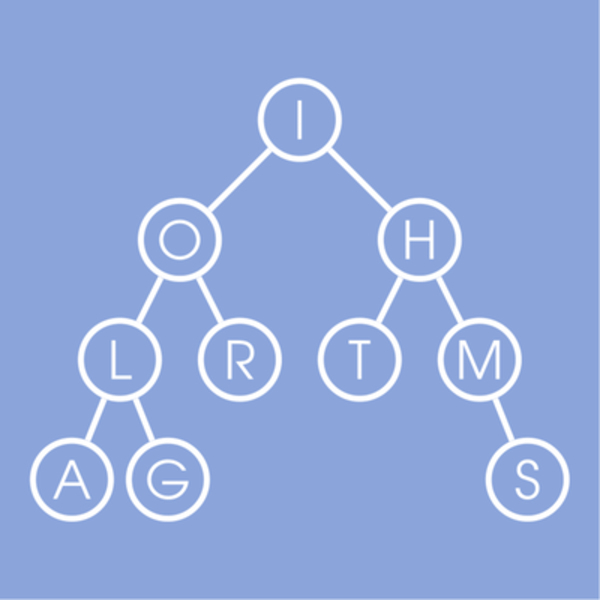Price:
5774 EUR
Contact
University of California, San Diego
Description
If you have ever used a navigation service to find optimal route and estimate time to destination, you've used algorithms on graphs. Graphs arise in various real-world situations as there are road networks, computer networks and, most recently, social networks! If you're looking for the fastest time to get to work, cheapest way to connect set of computers into a network or efficient algorithm to automatically find communities and opinion leaders in Facebook, you're going to work with graphs and algorithms on graphs.
In this course, you will first learn what a graph is and what are some of the most important properties. Then you'll learn several ways to traverse graphs and how you can do useful things while traversing the graph in some order. We will then talk about shortest paths algorithms — from the basic ones to those which open door for 1000000 times faster algorithms used in Google Maps and other navigational services. You will use these algorithms if you choose to work on our Fast Shortest Routes industrial capstone project. We will finish with minimum spanning trees which are used to plan road, telephone and computer networks and also find applications in clustering and approximate algorithms.
Specific details
Category of Education
Computer Sciense and IT
